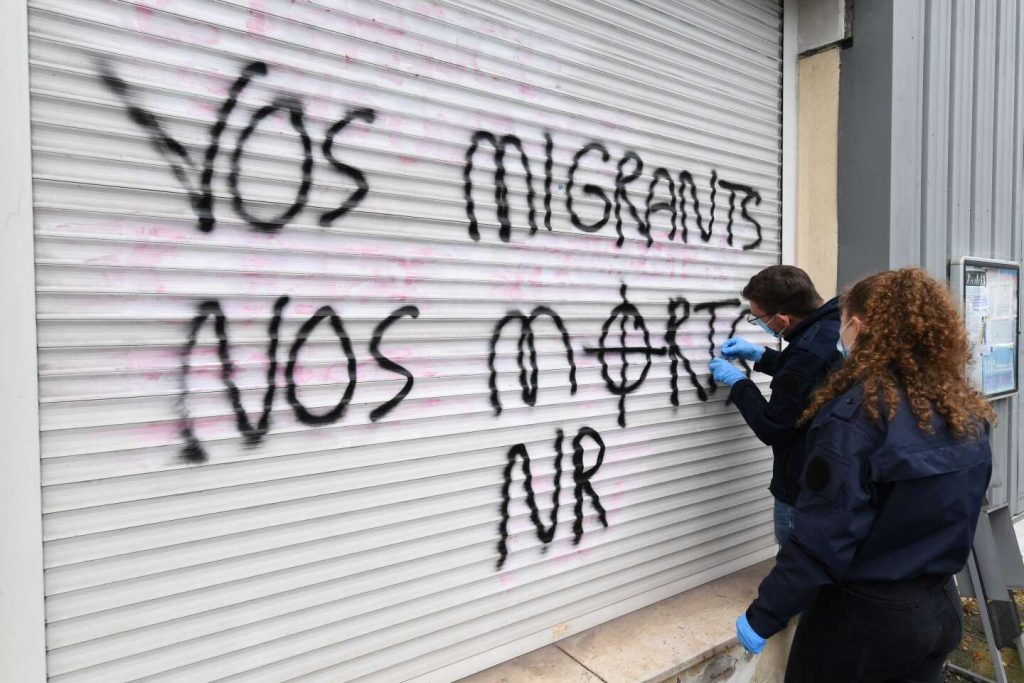In recent years, France has seen a rise in extreme right-wing violence motivated by nationalism and authoritarianism. Between 2019 and 2022, there were 35 serious attacks, compared to 30 between 2015 and 2018. Three of these attacks proved fatal. Preliminary data from 2023 indicates at least 22 serious attacks, suggesting a clear upward trend. This surge in violence contrasts with the decline in similar incidents in neighboring countries such as Spain, the United Kingdom, and Germany over the past three decades.
The most common form of extreme right-wing violence in France, as in other countries, is racist violence. Between 2015 and 2022, around 41 serious attacks targeted ethnic and religious minorities in France, with over a third aimed at Muslims. Islamophobia in general, as well as violent reactions to Islamist terrorism, contribute to these high levels of racist violence. In most cases, the attackers targeted individuals they perceived as immigrants, asylum seekers, and/or refugees. Due to limitations on collecting data on ethnic backgrounds, information on victims comes primarily from the media and sometimes from statements made by the perpetrators before, during, or after the attacks.
France stands out from many Western European countries in that it also sees a significant amount of anti-left violence. In 2022, France had the second highest proportion of attacks targeting political opponents, behind only Sweden. Since 2015, 22 attacks have targeted left-wing or antifascist activists. These incidents are often the result of tensions between aggressive far-right groups, increasingly active in cities like Lyon, Paris, Nantes, Marseille, and Bourges, and their opponents who seek to counter them. These tensions can escalate into fights, ambushes, and attacks on antifascist establishments.
To understand the recent increase in extreme right-wing violence in France, it is important to distinguish between racist violence and anti-left violence. While racism is the most common motivation for attacks, targeting minorities based on ethnicity and religion, anti-left violence specifically targets political opponents, particularly antifascist or left-wing activists. The French government’s limited data on the ethnic backgrounds of victims means that information on these attacks primarily comes from media reports and statements made by the perpetrators. This distinction helps provide a clearer picture of the motivations behind these violent acts and the specific groups being targeted.
Despite historically lower levels of extreme right-wing violence compared to its neighbors, France has seen a recent spike in such incidents. This is reflected in the increase in serious attacks targeting minorities and political opponents. The rise in violence, particularly targeting racial and religious minorities, suggests an alarming trend that requires attention and action from both the government and civil society. By addressing the root causes of these violent acts, such as racism, Islamophobia, and political extremism, France can work towards creating a more inclusive and safe society for all its citizens.


